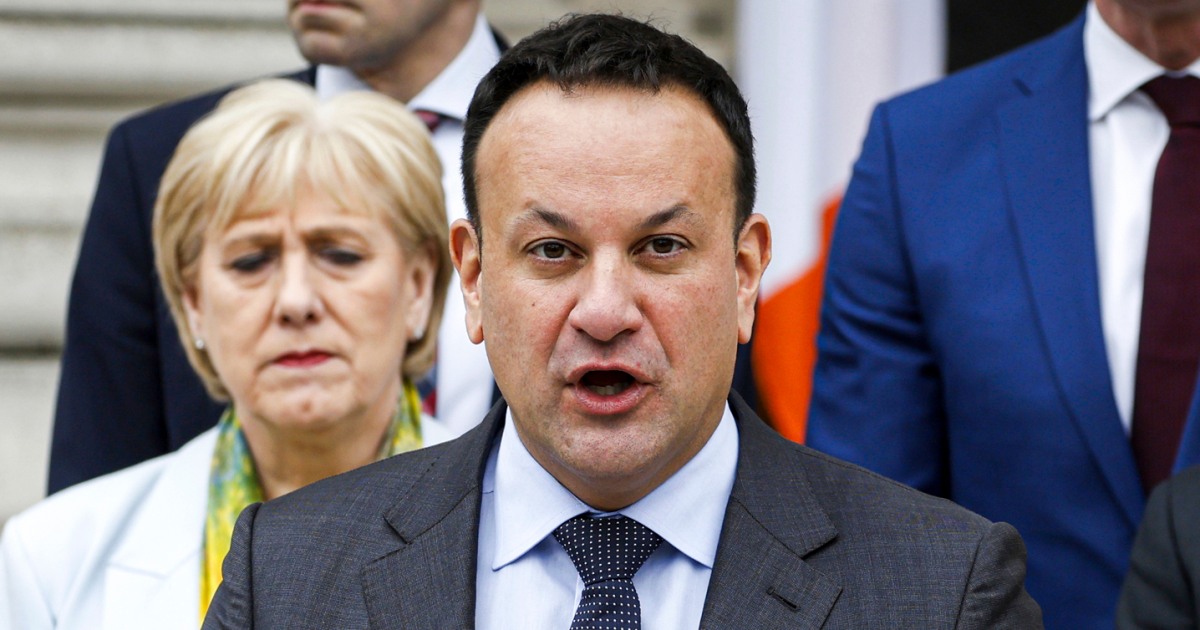

Irish Prime Minister Leo Varadkar's unexpected resignation marks the end of an era in Irish politics.
In a surprising move, Irish Prime Minister Leo Varadkar announced on Wednesday his resignation from office, a decision he describes as stemming from both “personal and political” reasons. “This is as good a time as any,” Varadkar declared in a news conference, indicating that his reasons for stepping down were multifaceted.
NOW - Ireland's prime minister Leo Varadkar resigns.pic.twitter.com/7b0I9FqtBj
— Disclose.tv (@disclosetv) March 20, 2024
Varadkar's announcement comes shortly after Ireland's failed referendum on International Women's Day, which attempted to revise a constitutional clause on a woman’s “life within the home.” Disagreements over the proposed new wording resulted in the referendum’s defeat. Furthermore, less than a week prior to his resignation, Varadkar met with U.S. President Joe Biden to commemorate St. Patrick's Day at the White House, where he also articulated his support for the Palestinian cause.
Despite his resignation, Varadkar has called for the reelection of the current three-party coalition and expressed his hope that a fresh leader would be more equipped to secure victory. “After careful consideration, and some soul searching, I believe that a new Taoiseach and a new leader will be better placed than me to achieve that,” he stated.
Varadkar's departure will not immediately prompt an election. He has requested that a new leader for the Fine Gael party be chosen by April 6th, which would allow his successor to assume office following the parliamentary Easter break. His tenure saw him serve two terms as Taoiseach, from 2017 to 2020 and then again from December 2022.
A senior Irish official, who preferred to remain anonymous, described the resignation as unexpected and something that would cause considerable political uncertainty. Varadkar, who trained as a physician before his political career, did not elaborate on specific future plans, emphasizing that he had nothing else lined up and no definitive personal or political plans.
As Ireland and the international community digest the news of Varadkar's resignation, the focus shifts to the leadership transition and the future direction of Ireland's government.
